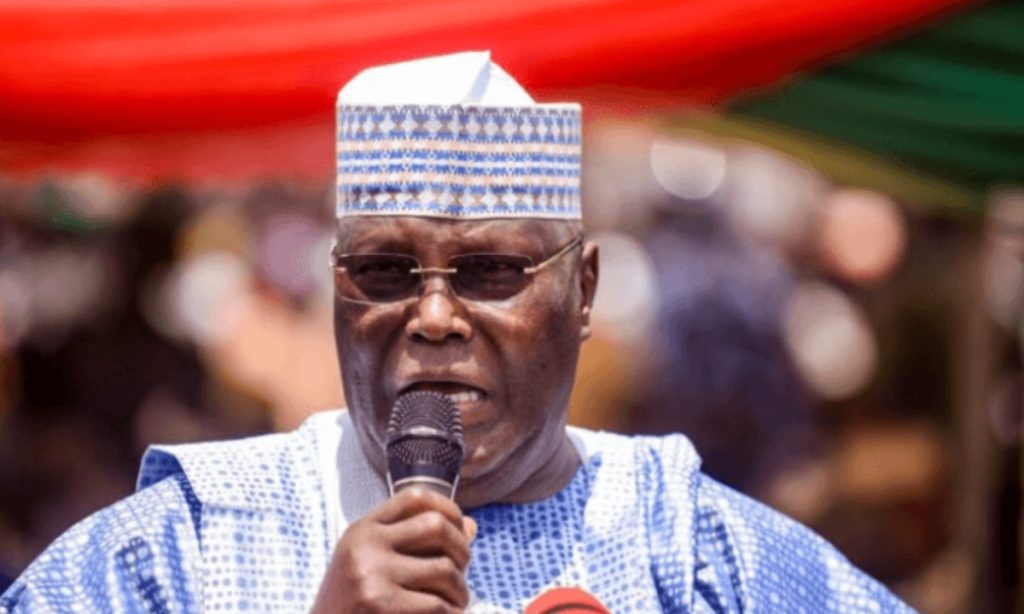Yandex Splits Assets, Ending Foreign Ownership in Russia
In a deal worth around $5.4 billion, a Russian consortium of investors has acquired the majority of Yandex’s businesses in a cash and shares transaction, marking the end of foreign ownership in the Russian technology company. The deal, which was finalised on Monday, sees Yandex’s Dutch parent company, Yandex NV (YNV), sell its remaining 28% stake in the Russian businesses.
Yandex, often referred to as "Russia’s Google," has been a dominant force in search and advertising, ride-hailing, e-commerce, and other online services since its inception in the late 1990s dotcom boom. The company’s AI-focused businesses in cloud, data labelling, self-driving cars, and education technology will be retained by YNV and developed under the Nebius Group name.
The deal is the result of around two years of negotiations and faced various setbacks and hurdles, including Kremlin demands for a discount of at least 50% on foreign asset sales and nationalisation risk. However, the deal has now been completed, with Yandex’s co-founder Arkady Volozh set to return as CEO of Nebius, the renamed group.
The Russian buyers have completed all settlements for a share exchange, converting Moscow-listed shares in Yandex NV to the new Russian entity, MKPAO Yandex. However, the new owners face a lawsuit filed by around 100 shareholders, accusing the consortium’s trustee, Solid Management, of imposing discriminatory terms in the exchange of shares.
The deal marks the largest corporate exit from Russia since Moscow invaded Ukraine over two years ago. With the deal done, attention may turn to the future of YNV’s Nasdaq listing, where many Western shareholders are stuck holding stakes in which trading has long been suspended.
In a statement, YNV Chairman John Boynton thanked the company’s 1,300 employees, paying particular tribute to Vadim Marchuk, who led the deal team. "All connections with Russia have now been severed," he said.
Trading in Yandex in Russia under the new YDEX ticker will start on July 24. The deal is expected to have significant implications for the Russian internet space, potentially tightening the Kremlin’s control over the sector.



